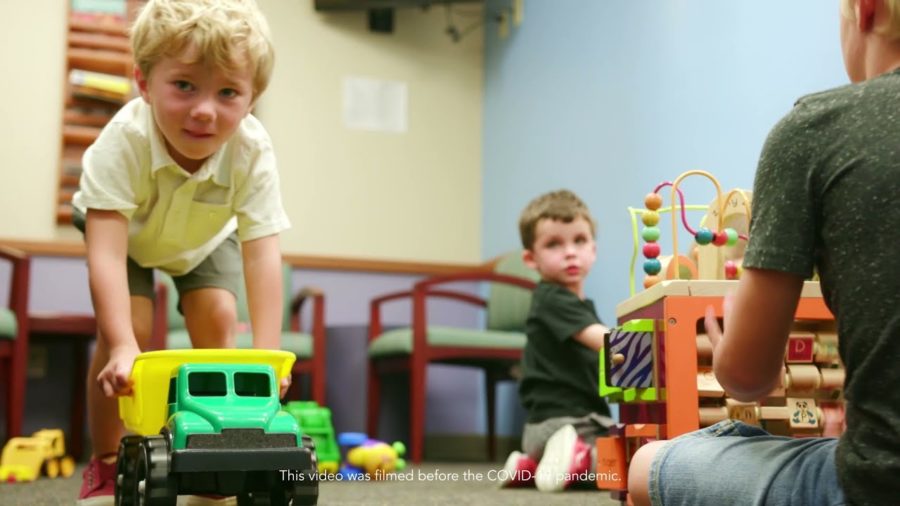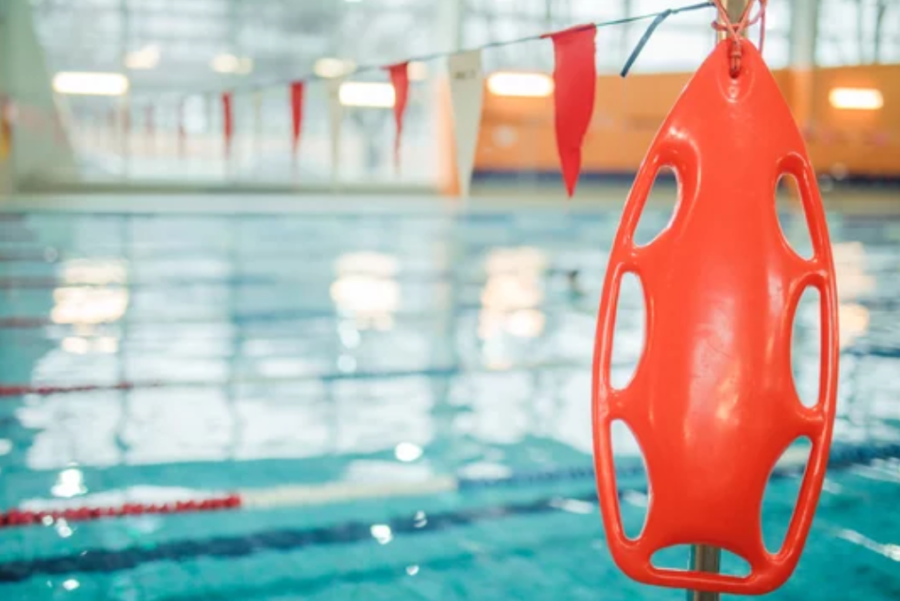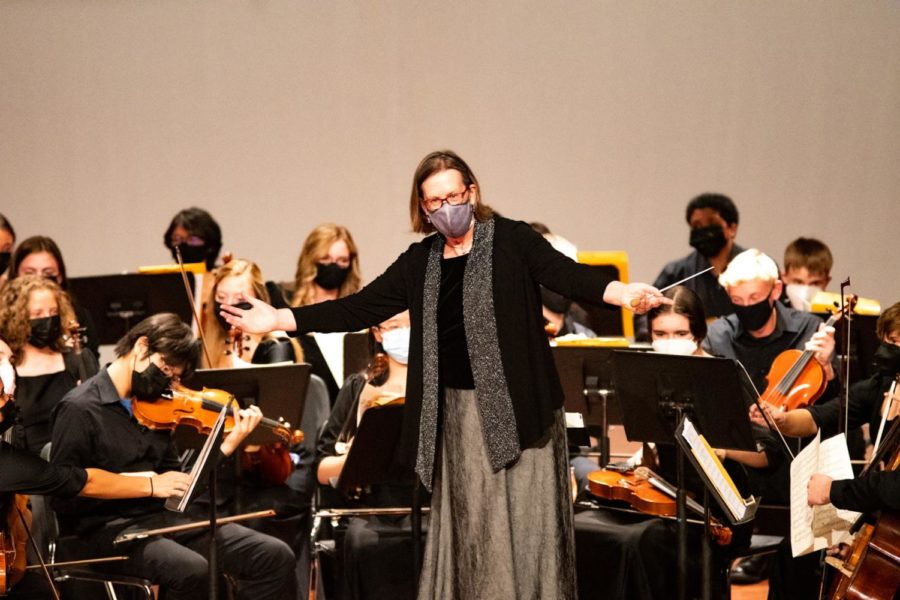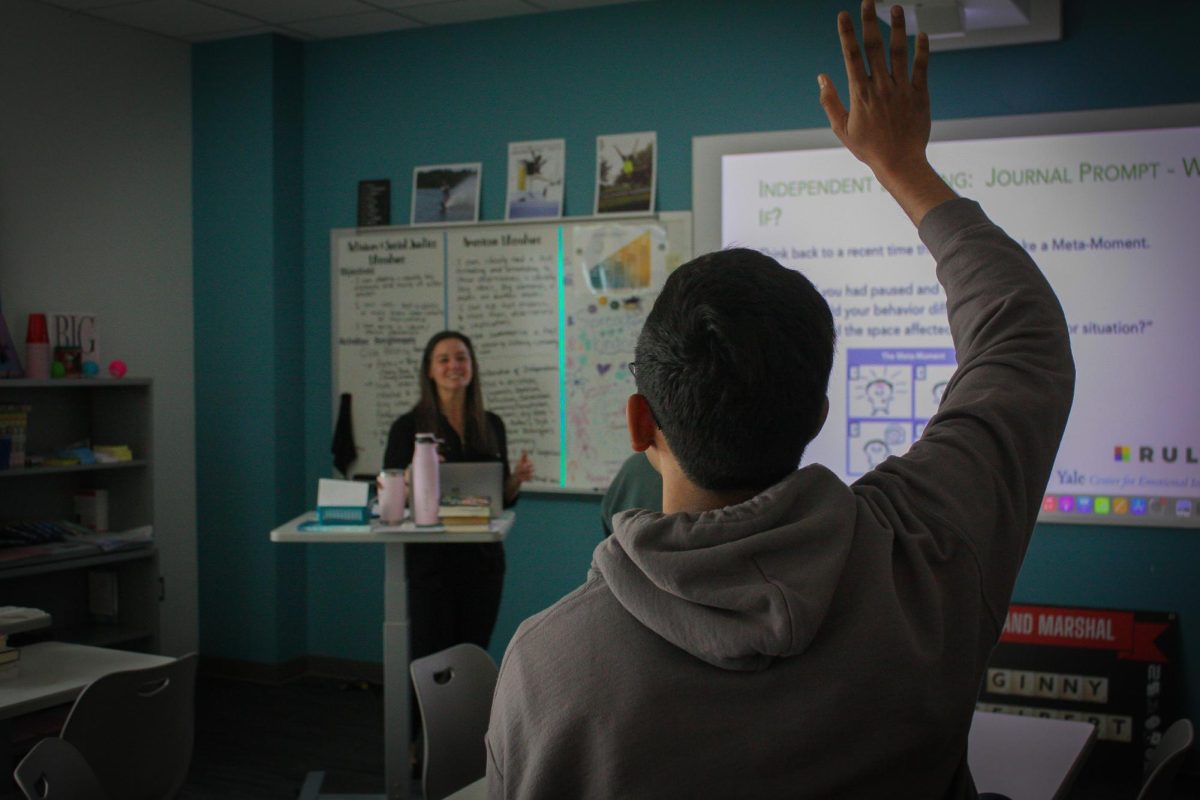Obesity is becoming a bigger and bigger problem among today’s youth. Unhealthy lifestyles can lead to heart disease, diabetes, osteoporosis and some types of cancer. The main causes of obesity are lack of exercise and too much calorie intake. Unhealthy foods contain more calories than needed, most of the time, but a lot of these foods are easier to get a hold of compared to healthier options. School lunch lines are often filled with foods that are considered unhealthy, and so the Iowa Legislature has taken action to reduce unhealthy food options. The Healthy Kids Act was signed by Governor Chet Culver on May 13th, 2008. This act is an attempt to start good habits and make youth more conscious about their health. The physical activity requirement has been in place since July 1st, 2009. The requirement of food and drink regulation will be implemented on July 1st of this year. The physical activity requirement states that school districts must require 120 minutes of exercise per week for students grades 6-12. Students K-5th grade are required 30 minutes of physical activity per day. The nutritional guidelines are much more strict. All of these standards limit what a school can sell or provide from the first bell to the last. Only low or non-fat milk can be sold. There are also strict guidelines on the amount of sugar contained in the milk. Juice is allowed to be sold but it can contain no added sweeteners. Water is certainly permissible but no non-nutritive sweeteners can be added. Sports drinks, flavored waters and caffeinated beverages are not allowed in the elementary schools but are allowed in the secondary schools. Sodas and carbonated beverages will no longer be sold at any school in Iowa. Food will also be closely monitored. Entrées can’t have more than 400 calories, and sides can’t have more than 200. Everything provided by the school has to have less than .5 grams of trans fat per serving. Half of all grains offered are required to be whole grain. There are many other food requirements that can be seen on the chart listed. These changes will drastically effect food service at the high school. "A lot of the food we sell now will not be able to be sold next year," Principal Mike McGrory said. Students are used to sub-par lunch food, but one of the issues that might concern students the most is the absence of some vending machines and bake sales. Some students remember when the vending machines were filled with normal pop, not the sorry excuse for "soda" they have now. Students: enjoy your source of sugar as long as you can, because next year, they will be unavailable to purchase. Fundraising will also take a huge hit. Clubs rely heavily on bake sales. Most of the food currently sold at bake sales will not fall under the specific categories for sides. This will force clubs to find alternate ways to save money. Crush cans will most certainly be banished and even band candy is in serious jeopardy. "We use bake sales, pancake breakfasts and crush cans as a main source of funding. We also receive a portion of the profits from the vending machines," said senior Seth Forsgren, Student Council co-president. Clubs will undoubtedly struggle from this act. Not only will some clubs most likely cease to exist, but a lot of the donations to various organizations will come to an end. The act changes graduation requirements effective for the class of 2011-2012. Students must be certified in cardiopulmonary resuscitation (CPR) by the time they graduate. The Iowa Senate says this act was adopted because "schools have a responsibility to create an environment that supports and encourages healthy eating." The government is stepping in to help teenagers make decisions on what to eat. They are attempting to promote healthier and more active lifestyles so health problems don’t become a bigger issue in the future.
Categories:
Healthy Kids Act
Cory Baughman
•
April 30, 2010
Story continues below advertisement
0
Donate to The WEB
$75
$450
Contributed
Our Goal
Your donation will support the student journalists of Ames High School, and Iowa needs student journalists. Your contribution will allow us to cover our annual website hosting costs.

































